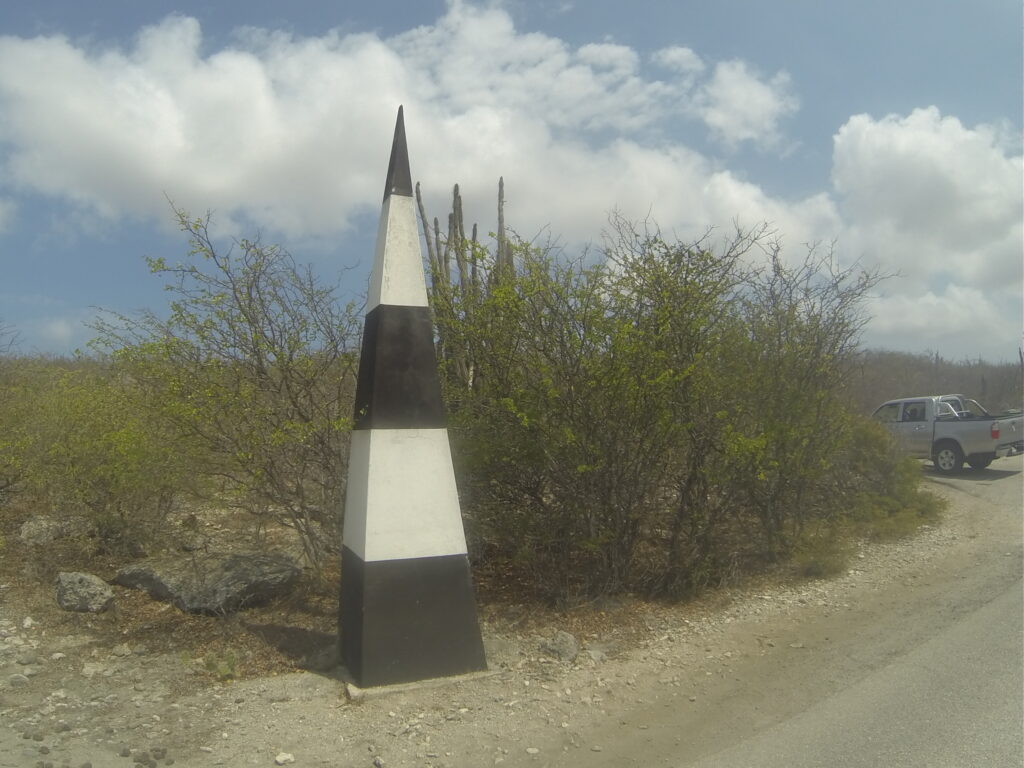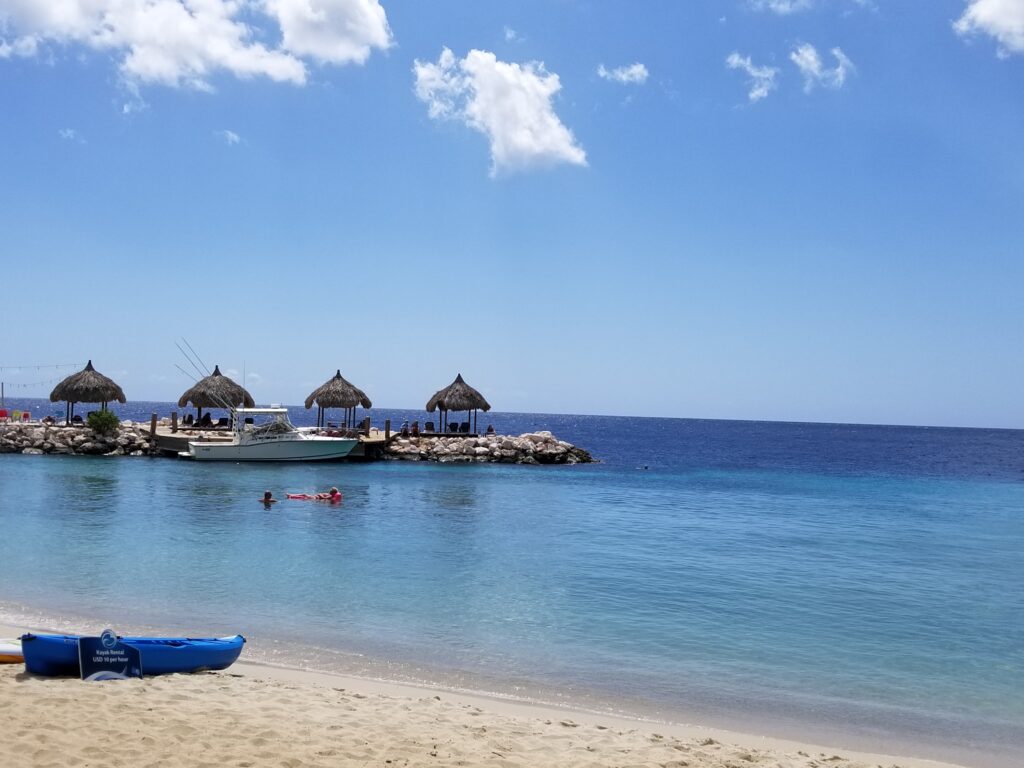1. Choose your destination
 Whether you’re going for a week or two on vacation, choosing your destination for a scuba trip, there are many different factors to consider. First, consider your budget. How much are you willing to spend traveling to your vacation spot, and what’s the cost of day-to-day living in the destination? Next, decide how long you want to spend on your next diving adventure. If the answer is just a few days, that will limit your options. If you have more time, you can consider more far-flung destinations. If your options haven’t already been narrowed down by budget and timing, the next factor to consider is the kind of diving you would like to do. Do you want to do boat or shore diving? Do you want to see wrecks or reefs? Are you interested in seeing big animals like sharks, whales, sting rays, octopus (my favorite) or Turtles? Or are you more interested in smaller creatures like nudibranchs and seahorses (second favorite)?
Whether you’re going for a week or two on vacation, choosing your destination for a scuba trip, there are many different factors to consider. First, consider your budget. How much are you willing to spend traveling to your vacation spot, and what’s the cost of day-to-day living in the destination? Next, decide how long you want to spend on your next diving adventure. If the answer is just a few days, that will limit your options. If you have more time, you can consider more far-flung destinations. If your options haven’t already been narrowed down by budget and timing, the next factor to consider is the kind of diving you would like to do. Do you want to do boat or shore diving? Do you want to see wrecks or reefs? Are you interested in seeing big animals like sharks, whales, sting rays, octopus (my favorite) or Turtles? Or are you more interested in smaller creatures like nudibranchs and seahorses (second favorite)?
2. Determine the best time to go
The best/ worst time to go diving depends on the location you are interested in. For example, in Bali, the best time to go diving is during the transition months as the season changes. This would mean around April or October, when the seas are relatively calm and the winds are gentle. In Egypt, the best diving season is October to May, with lighter rain, calmer waters, and better visibility. In Cabo, in December was when more whale sharks. Grand Cayman can have some pretty poor visibility and high waves during the months of December. Shore diving sites often get closed. Especially up in West Bay. Recently, in Bonaire this past October, the shore diving sites had a very rough entry and rained most days when we were there (yes, rain!).
the best diving season is October to May, with lighter rain, calmer waters, and better visibility. In Cabo, in December was when more whale sharks. Grand Cayman can have some pretty poor visibility and high waves during the months of December. Shore diving sites often get closed. Especially up in West Bay. Recently, in Bonaire this past October, the shore diving sites had a very rough entry and rained most days when we were there (yes, rain!).
3. Check your Passport and Driver’s License expiration dates.
 Time flies! Literally, before you know it, 10 years has gone by. Don’t miss out on the adventure or stuck making emergency trips to travel to get a “same day passport”. If this does happen to you, you can get a same day passport. Check the US government website for locations that offer same day passports. You have to make an appointment first.
Time flies! Literally, before you know it, 10 years has gone by. Don’t miss out on the adventure or stuck making emergency trips to travel to get a “same day passport”. If this does happen to you, you can get a same day passport. Check the US government website for locations that offer same day passports. You have to make an appointment first.
4. Book flights on Tuesdays and Wednesdays to get the cheapest fares
The best time to book a flight is on Tuesday or Wednesday. That’s because most people are looking for flights over the weekend, so you can find some great deals if you have patience!
5. Book your accommodations
Whether you like the busy sites on islands or more secluded. Do your research! Choose a hotel with an attached dive center or a hotel that offers a shuttle service to a nearby dive shop. Alternatively, consider combining your diving and sleeping even more seamlessly with a liveaboard dive trip. My favorite option, is to rent and car or pickup. That way you have more options with your choice of a dive center or location. This allows us to stay off the “beaten path.” 
6. Book your dive operator
Reach out to your diving friends and diving community and ask if anybody has been where you are going and has any recommendations for you.
Try online review sites. They can be a very effective way of finding a reputable dive operator. There are several reputable travel and diving review sites around.
Consider your dive type. At most dive destinations, you’ll find everything from resort-based shops that lean heavy on beginner-level classes and excursions to specialty shops with the gear and experience for tec diving. Create a list of dive shops that best fit your interests and experience level. We always write down the dive shop and location in our dive log books. Yes, I still log every dive. I enjoy writing the dive site, depth, time, sea life seen, etc.
We have been burnt on booking ahead of time. If you are a person that takes risks, or are traveling during non-peak season. Then go visit the dive operations once you get there. We have done this at three locations and have never been happier, St. Croix, Cayman, and Playa Del Carmen. It’s amazing just walking into a place and determining this staff’s body language. If you’re an experienced diver, you can tell in the first few minutes if you’d like to spend time on a boat with these people or not!
7) Rent or bring your gear
I much prefer taking my own gear. But, before you make a decision, here is a list of the pros and cons:
Pros:
- Comfort and fit: When you buy your own gear, you’ll take some time trying on different sizes and styles to get the item that is most comfortable for you. A badly fitting rental BCD or leaking mask can really take away from your diving enjoyment.
- Familiarity: Unless your gear is brand new, you will have built up a certain amount of familiarity with it. This can be reassuring when you’re diving in unfamiliar waters.
- No gear rental costs: These costs can add up, even if you get a “Scuba Set” package that includes a mask, fins, BCD, etc. Sometimes even 100’s of dollars per day.
Cons:
- Cost: Buying your own gear can be expensive.
- Maintenance: You will need to maintain your gear properly to ensure it lasts as long as possible.
- Traveling with gear: Traveling with dive gear can be a hassle. It’s heavy and bulky and can be difficult to pack. Plus, many airlines charge for checked gear unless you’re a card member.
8) Check your certification
Another lesson learned. I recently left my dive certification card back at the hotel room. You can usually find your certification number online. My dive cards were so old, that they never were added to the online website. I ended up having to drive all the way back to the hotel to grab my card. Before leaving on your next dive vacation, its a good idea to log into the website of the organization that issued your certification.
9) Get travel insurance
You never know when a dive accident will happen. DAN insurance is important for scuba divers because it provides coverage for medical expenses related to diving accidents. This can include things like hyperbaric chamber treatments, which can be very expensive. DAN insurance also provides coverage for emergency medical evacuations, which can be necessary if you’re diving in a remote location and need to be transported to a hospital.
10) Make a packing list
It’s never fun to forget something on vacation. To streamline an easy packing day, I created a list of my most common things.
11) Pack your Dive Gear
- BCD
- Regulator with Octopus (Alternative Air Source) and Pressure and depth Gauges
- Mask, Fins and Snorkel
- Booties
- Dive Computer
- Wetsuit or Dry Suit
- Gloves (if allowed)
- Dive Camera and Camera light
- tank bangers
- defogger
- dive knives
- writing slates
- underwater lights
- a dive logbook
- first aid kit.
12) Pack your clothes
Keep in mind! If renting a home that has a washer and dryer, you may be able to pack much less clothes.
13) Pack your toiletries
Don’t forget prescription medications. In addition, sea sickness medications. There is nothing worse than vomiting off the side of a dive boat.
14) Pack your Documents
If you can pay for entry or nature fees before traveling, I’d do so. It makes things less hectic on the day of travel. For example. Pay the nature fee early if entering Bonaire.
15) Arrive at the airport early
16) Have fun!
Traveling can be a stressful and terrifying experience, but it doesn’t have to be.
By following these simple tips, you will always know what to expect, where your passport is at all times, how much money you’re spending on flights and accommodations (and when), and most importantly, that you are ready in case of emergency.
What are some of your own best travel planning hacks? Share them with us below!
